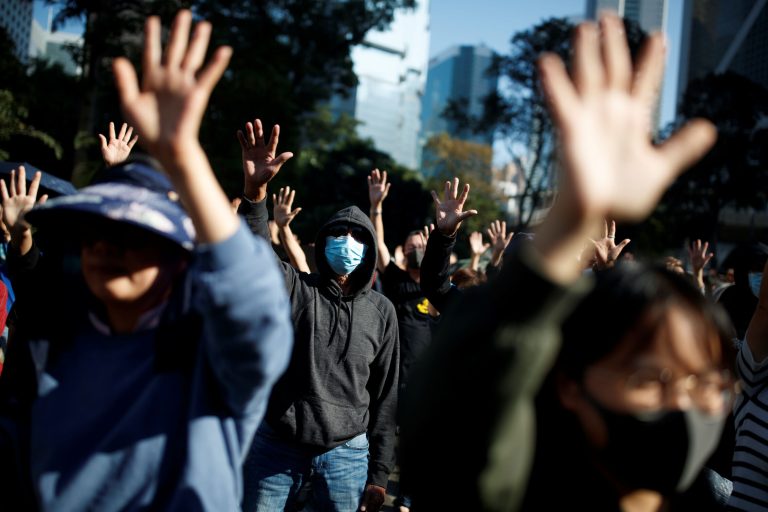The U.S. Department of Justice’s (DoJ) “China Initiative,” which was kicked off during the Trump administration in 2018, has been attracting intense criticism from various U.S. scholars and academics.
The China Initiative aims to crack down on Chinese espionage happening in the United States, thus protecting America’s intellectual property, trade secrets, etc. However, critics insist that the program is racist and unfairly targets Asians, specifically those of Chinese descent. Now, Beijing is weaponizing such opinions to characterize the United States as a racist, discriminatory country.
In September, a group of 177 faculty members from Stanford sent a letter to U.S. Attorney General Merrick B. Garland, asking that he terminate the China Initiative. The letter accused the program of triggering a “significant increase of investigations and prosecutions” of academic researchers.
The investigations have “disproportionately” targeted researchers of Chinese origin, the letter claimed. On Jan. 10, 192 faculty members from Yale University sent a letter to Garland, supporting the Stanford assessment of the China Initiative.
On Jan. 12, activist group United Chinese Americans protested outside the DoJ’s main office in Washington D.C. and called for ending the program.
Success
You are now signed up for our newsletter
Success
Check your email to complete sign up
In a statement on Jan. 14, Chinese Foreign Ministry spokesman Wang Wenbin used the opposition to the China Initiative to criticize Washington.
“This proves that more and more people have realized that the so-called ‘China Initiative’ is essentially a tool for anti-China forces in the U.S. to abuse the concept of national security to contain and suppress China… It not only deals a heavy blow to China-U.S. relations but also worsens the racial discrimination in the U.S. and seriously hurts Asian groups in the U.S,” Wenbin said.
At a press briefing on Jan. 18, Zhao Lijian, spokesperson of the Chinese Foreign Ministry, accused the China Initiative of being a clumsy tool used by anti-China forces in the United States to suppress the Asian nation under the pretext of national security.
“The US should listen to the voice of justice from the society, correct its wrongdoings soon, stop using China as an imaginary enemy and stop making excuses, smearing and suppressing China,” Zhao said.
Over the past year, eight people who were charged under the China Initiative have had the charges dropped. In May last year, a group of Republican Senators had asked Garland not to implement an amnesty program that would avoid punishing American academics who have received foreign funds but failed to report it. But the DoJ went ahead and dropped charges against six Chinese military researchers in July after they were blamed for lying about their visas.
There is strong backing for continuing with the China Initiative among law enforcement and national security experts, with the main argument being that the program is essential to stop any harm from the Chinese government. “China is closing in on us. They’re up to about 75%, or even 80% of the size of our economy already, and the way they’re doing this is better technology that they developed and also that they steal,” China expert Michael Pillsbury told Fox News.
The China Initiative not only seeks to identify and prosecute individuals involved in economic espionage but also aims to protect America’s critical infrastructure from external threats and combat covert efforts to manipulate American policymakers and people. According to a press release by the justice department, the China Initiative is led by the DoJ’s National Security Division (NSD).
“About 80 percent of all economic espionage prosecutions brought by the U.S. Department of Justice (DOJ) allege conduct that would benefit the Chinese state, and there is at least some nexus to China in around 60 percent of all trade secret theft cases,” the press release states.














